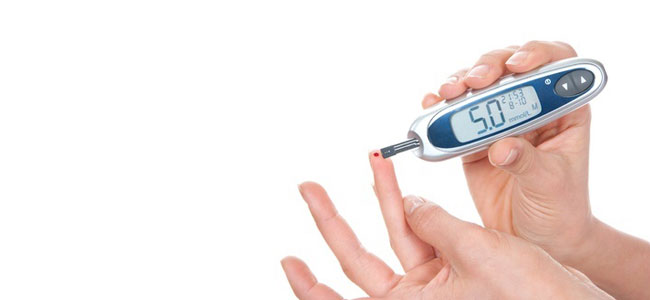Blood sugar regulation is the cornerstone of any good nutrition plan, and unbeknown to many, poor blood sugar regulation and thus insulin control can have a significant effect on male sex testosterone production.
Insulin, the hormone secreted by the pancreas to help regulate high blood sugar levels has been shown to have an inverse relationship to testosterone production, much like the stress hormone cortisol. Unfortunately modern day diets are full of processed sugars and grains, often leading to excessive elevations in insulin, along with processed damaging fats that themselves can effect the function of our cells and the ability to move sugar from the blood stream the cells of our body. The cellular dysfunction can then create a pattern of chronically elevated insulin which in turn down regulates testosterone production in males.
Unfortunately this can produce a vicious circle whereby low testosterone can then lead to more insulin resistance and thus a further increase in insulin levels.
What can you do to control blood glucose regulation and prevent insulin resistance?
- Eat a diet of whole single ingredient foods
- Eat fibrous foods in most meals
- Consume quality protein in most meals
- Avoid drinking your calories, especially fruit juices, squashes, alcohol and fizzy drinks
- Consume healthy fats in every meal to help lower blood sugar response of food. A good fat ratio for cellular health is:
- Saturated fat (50%) – animal fats, some dairy if tolerated, coconut oil
- Monounsaturated fats (30%) – olives, avocados, macadamia nuts
- Polyunsaturated fats (20%) – some oily fish, most nuts, some seeds
- Time your higher carb meals around training when your cells are more insulin sensitive
Contact Steve Grant Health
To learn more out how Steve Grant Health can assist you on your journey, please fill out the enquiry form below.
Please note that depending on your specific circumstances and goals, Steve may recommend that you work with one of the specialist practitioners within his network of trusted professionals.
If you have been referred by a clinician, please complete the form and ensure that you state who has referred you or have your practitioner email Steve direct to make a referral that way.
Click the button below to open the client enquiry form:
[widgetkit id=”643″]


